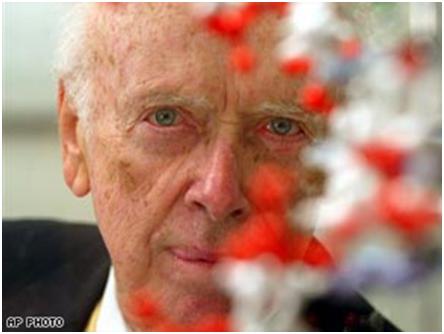
This is another example of the difference as to what is stated in news articles for the general public and those of the scientific community.
While statements are made in the lay media that race is a “social construct” to avoid attacks by Politically Correct enforcers and “defunding” or cancellation of projects, scientists deal with reality, and have to treat it and discuss it as such.Discoveries which can result in Politically Incorrect policies have to be discussed very carefully in public. Discoveries that might result in Politically Correct neutral policies such as the one below are more easily discussed. Discoveries that appear to “help” or “favor” Politically Correct groups are often carried and even hyped in the general public media.Also, if scientists use the term “ancestry” instead of “race,” this tends to confuse and not provoke the Politically Correct lynch mob.
Gene expression differences between those of European and African ancestry affect response to drugs and infections
Differences in gene expression levels between people of European versus African ancestry can affect how each group responds to certain drugs or fights off specific infections, report researchers from the University of Chicago Medical Center and the Expression Research Laboratory at Affymetrix Inc. of Santa Clara, CA.
In the March 7, 2008, print issue of American Journal of Human Genetics, and published early online, the researchers used Affymetrix exon arrays to show that expression levels for nearly five percent of the 9,156 human genes they studied varied significantly between individuals of European and African ancestry. The research team took an unbiased whole genome approach and found significant differences in several unrelated processes, especially among genes involved in producing antibodies to potential microbial invaders.
The researchers used lymphoblastoid cell lines derived from blood from 180 healthy individuals. They studied 60 nuclear families, including mother, father and child. Thirty of the families were Caucasians from Utah and 30 were Yorubans from Ibadan, Nigeria.
“Our primary interest is the genes that regulate how people respond to medicines, such as cancer chemotherapy,” said cancer specialist Eileen Dolan, PhD, professor of medicine at the University of Chicago and senior author of the study. “We want to understand why different populations experience different degrees of toxicity when taking certain drugs and learn how to predict who might be most at risk for drug side effects.”
But in the process they saw several other differences. Some, including variation in the immune system’s response to microbial invaders, were expected. Previous studies have found that African Americans may be more susceptible than Caucasians to infection by certain bacteria, such as Porphyromonas gingivalis that causes periodontitis.
Others were unanticipated, including significant differences in expression levels among genes involved in fundamental cellular processes such as ribosomal biogenesis, transfer RNA processing, and Notch-signaling–part of a complex system of communication that governs basic cellular activities and coordinates cell actions.
“Population differences in gene expression have only recently begun to be investigated,” said Dolan, “We believe they play a significant role in susceptibility to disease and in regulating drug response. Our current research focuses on how these genetic and expression differences play a role in sensitivity to adverse effects associated with chemotherapy.”
Understanding at the genetic level how individuals within and among populations vary in their response to drugs could improve treatment. The University of Chicago team worked closely with Affymetrix on new technology that enabled them to perform a very comprehensive study including evaluation of expression levels of every known gene.
The National Institutes of Health funded the study through a grant to the Pharmacogenetics of Anticancer Agents Research Group. Additional authors of the paper include Wei Zhang, Shiwei Duan, Emily O. Kistner, Wasim K. Bleibel, R. Stephanie Huang and Nancy J. Cox from the University of Chicago Medical Center and Tyson A. Clark, Tina X. Chen, Anthony C. Schweitzer and John E. Blume from Affymetrix.











